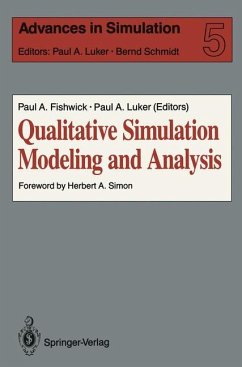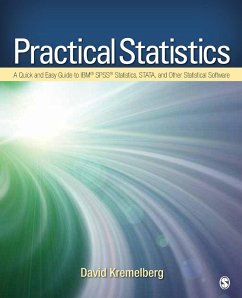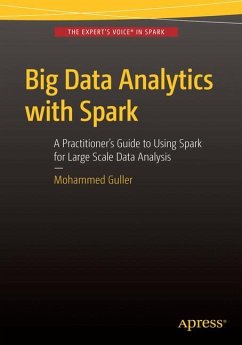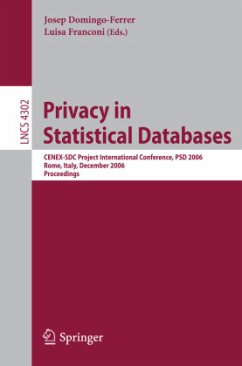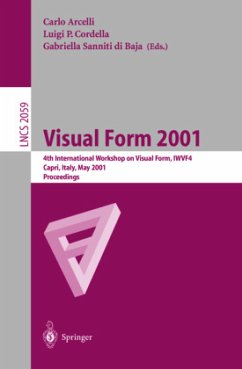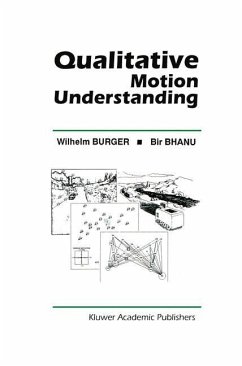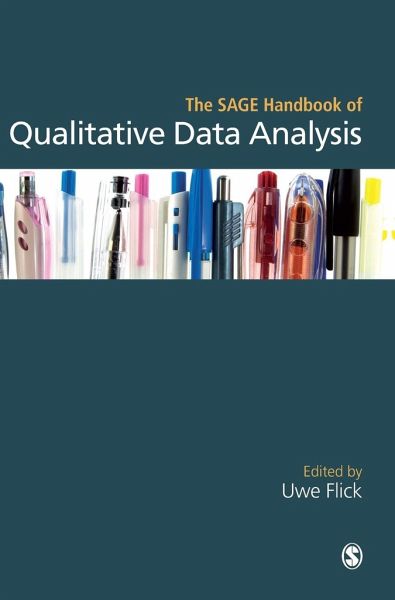
The SAGE Handbook of Qualitative Data Analysis
Versandkostenfrei!
Versandfertig in 6-10 Tagen
133,99 €
inkl. MwSt.
Weitere Ausgaben:

PAYBACK Punkte
67 °P sammeln!
The wide range of approaches to data analysis in qualitative research can seem daunting even for experienced researchers. This handbook is the first to provide a state-of-the art overview of the whole field of QDA; from general analytic strategies used in qualitative research, to approaches specific to particular types of qualitative data, including talk, text, sounds, images and virtual data.The handbook includes chapters on traditional analytic strategies such as grounded theory, content analysis, hermeneutics, phenomenology and narrative analysis, as well as coverage of newer trends like mi...
The wide range of approaches to data analysis in qualitative research can seem daunting even for experienced researchers. This handbook is the first to provide a state-of-the art overview of the whole field of QDA; from general analytic strategies used in qualitative research, to approaches specific to particular types of qualitative data, including talk, text, sounds, images and virtual data.
The handbook includes chapters on traditional analytic strategies such as grounded theory, content analysis, hermeneutics, phenomenology and narrative analysis, as well as coverage of newer trends like mixed methods, reanalysis and meta-analysis. Practical aspects such as sampling, transcription, working collaboratively, writing and implementation are given close attention, as are theory and theorization, reflexivity, and ethics.
Written by a team of experts in qualitative research from around the world, this handbook is an essential compendium for all qualitative researchers and students across the social sciences.
The handbook includes chapters on traditional analytic strategies such as grounded theory, content analysis, hermeneutics, phenomenology and narrative analysis, as well as coverage of newer trends like mixed methods, reanalysis and meta-analysis. Practical aspects such as sampling, transcription, working collaboratively, writing and implementation are given close attention, as are theory and theorization, reflexivity, and ethics.
Written by a team of experts in qualitative research from around the world, this handbook is an essential compendium for all qualitative researchers and students across the social sciences.





